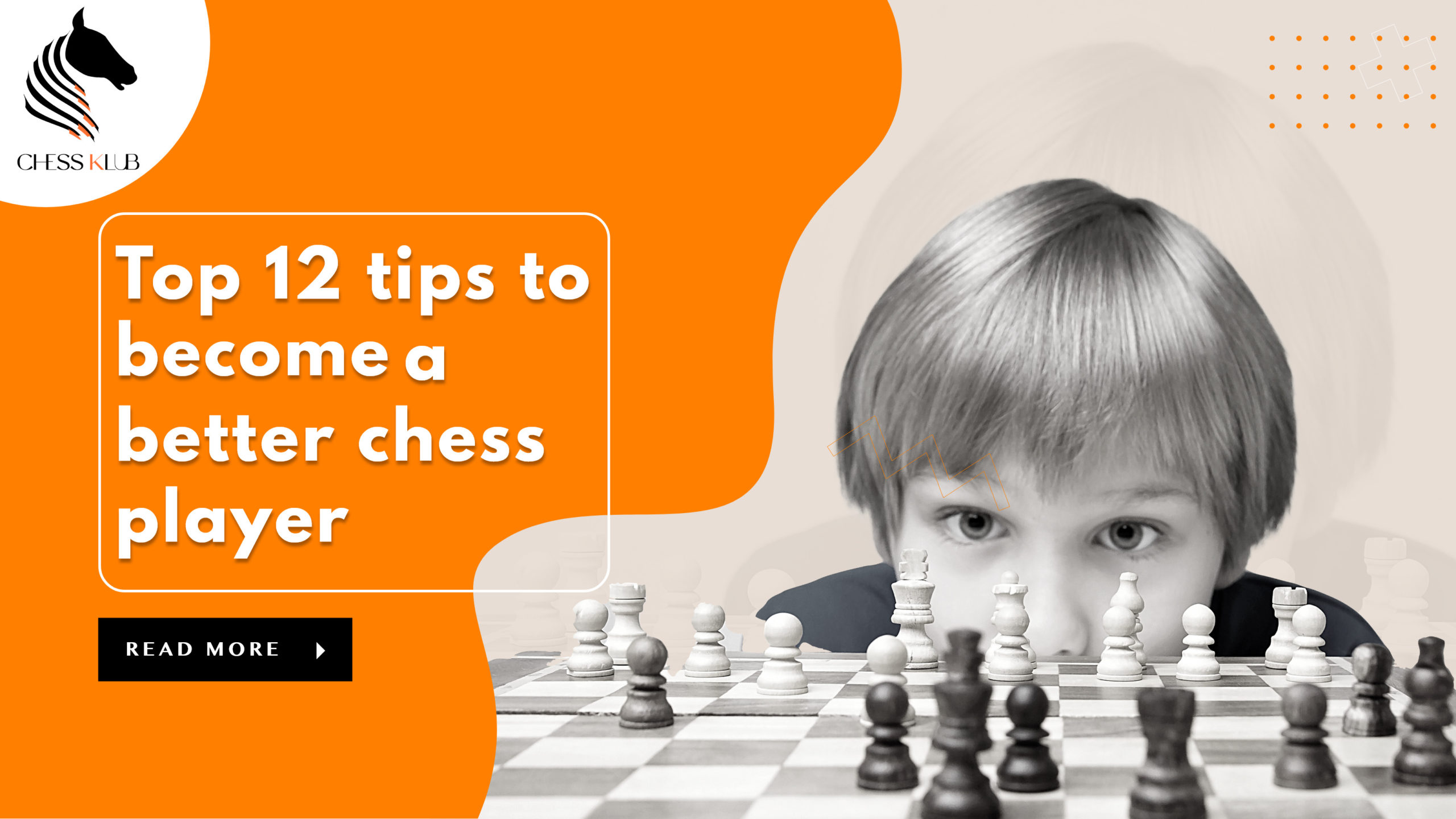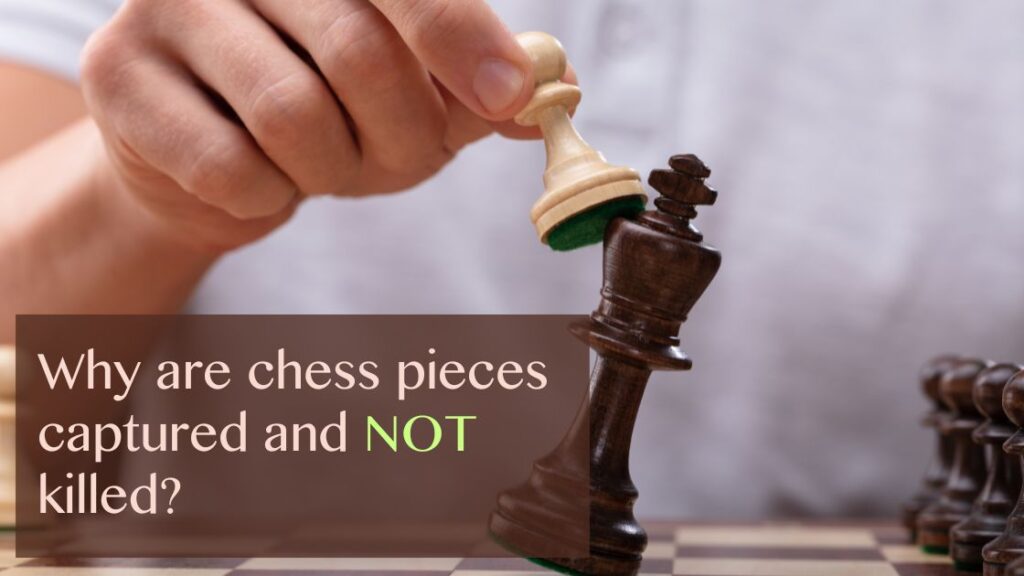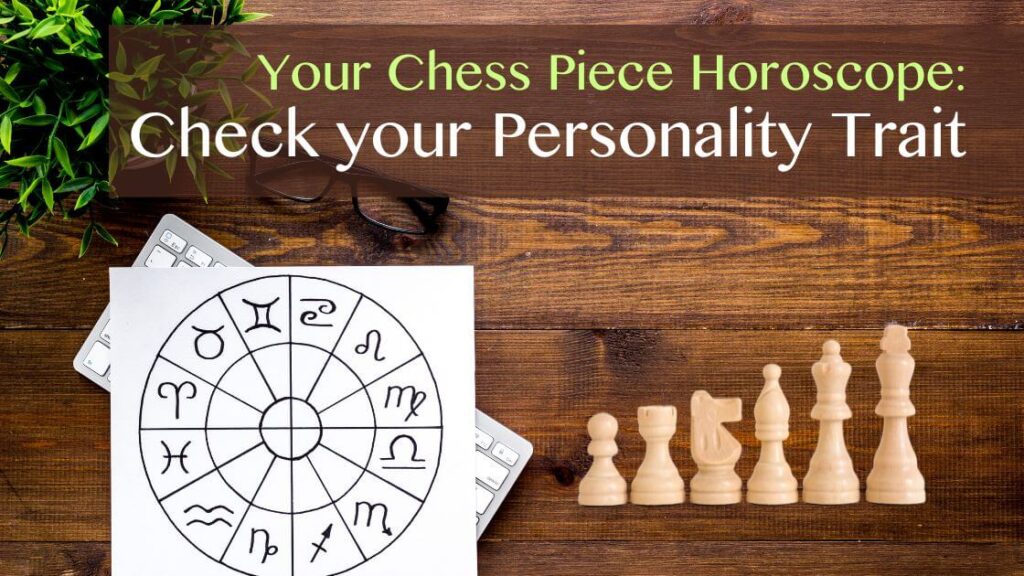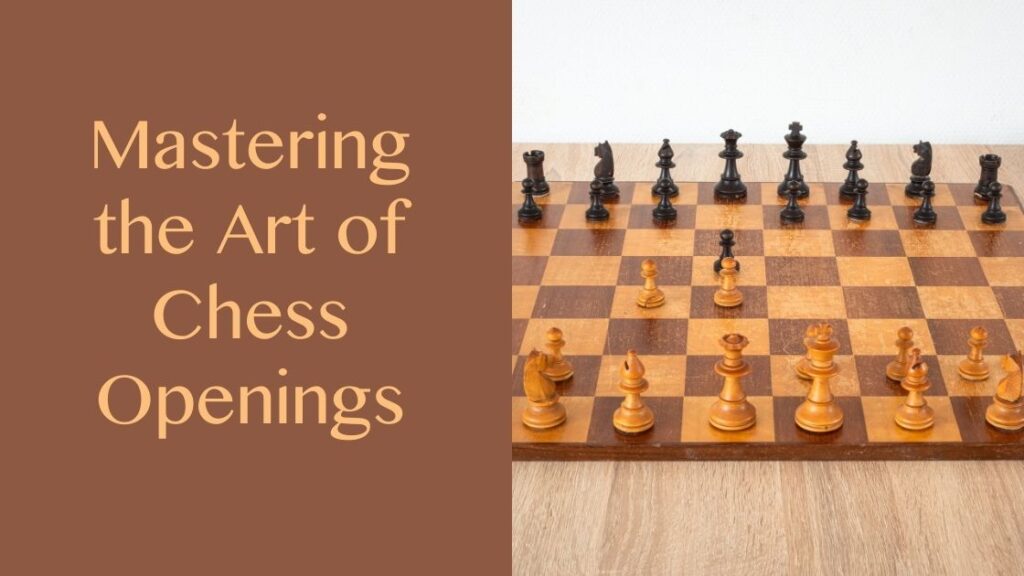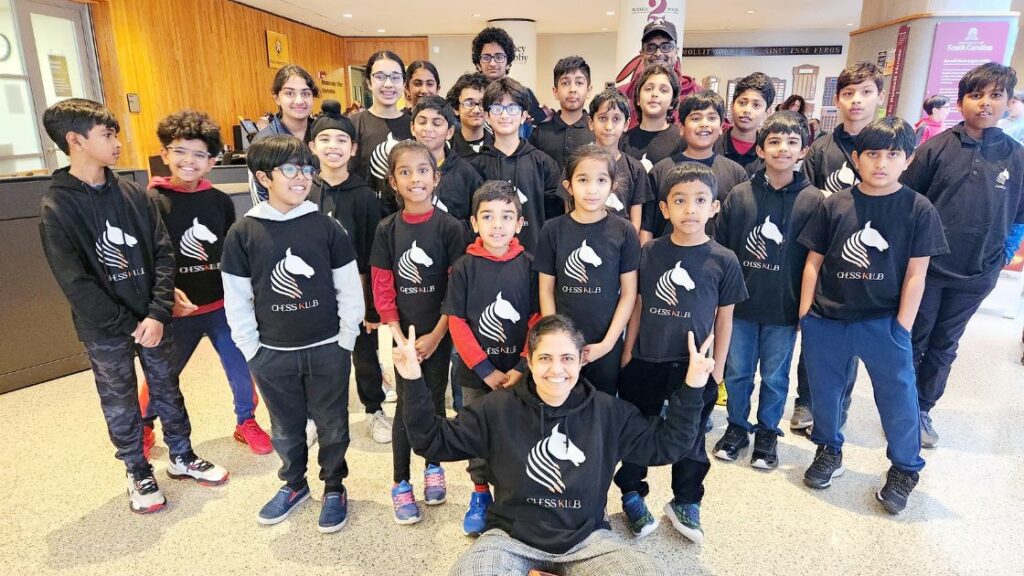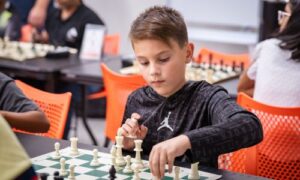The game of chess is all about guts, grit, and determination. But it is also about heartbreaks, tears, and despair. The highs of wins and lows of losses are all bridged by consistent practice, analysis, and understanding the game at a deeper level.
All Chess players want to improve on their weaknesses and strengthen their defenses. But there are times when success still eludes them no matter what a player does. Talent can only take you to a level. Hard work helps hone the skill, but without a proper plan, all of this is just a house of cards. If you want your tomorrow to be better than yesterday, you need to start practicing today!
Here are 12 super important tips to becoming a better, even a great chess player. So do you want to get better at chess?
Read on!
1. Play a lot of serious chess
How do you learn chess?
Of course, on a chessboard!
You can't watch videos and learn to play chess like a pro. You must put the pieces out on the board and start playing.
Playing a lot of chess would come in handy for any beginner looking to learn the game. It will also help intermediate and advanced players strengthen their strategies and formulate game plans for the opening, middle, and endgames. Players also need to learn to handle high-pressure situation for these playing championships.
We provide numerous opportunities via weekly, monthly, and USCF tournaments; for example, players can experience crunch situations and learn to comprehensively handle the game's demands.
A calculating mind with a deathly calm!
2. Start by memorizing a few famous games- Memorize your games!
Want to learn from the best?
The internet is brimming with many games that some of the most prominent chess players. There is plenty of research and analysis available for your purview too. The more you try and read the games, the better equipped you are with strategies, tactics, and even unconventional ways of playing and winning the game.
Another way of looking at the games is to memorize your games. Playing your games in your head gives you a chance to learn from your mistakes and set your winning moves in stone.
3. Remember to review and analyze your games!
A chess game played and not analyzed is a game that's wasted!
Every game gives you a chance to understand your opponent's moves and check your responses. By avoiding studying a game, you are giving up the opportunity of getting in the depth of your play. You may have won, but was it because of your strong moves or your opponent's rookie mistakes? You won a game against one player but lost against another with a similar strategy?
Let's put it in the right perspective.
Only analyzing it to pieces ( pun intended ???? ) will help you! You can explore and analyze your games by yourself, with a friend or your opponent, with your chess coach, a family member, or ask us here!
4. Practice tactics - and then practice some more!
Theoretically, you may know your Sicilian from your Queen's Gambit.
But are you able to apply the tactics at the right time and a favorable conclusion?
You may find it a tad challenging to act upon if you have not practiced your tactics in various situations.
How often do you work on puzzles?
A typical player should work on at least ten puzzles a day. The point is, Chess is 80% tactics, and if you are not practicing enough, you may not be able to use all the theory you have absorbed!
5. Conserve your energy for wars, let go of battles wisely
Chess kind of tames your ego.
If you are a serious chess player, you would have understood by now that you must save your time and energy wherever possible. A bitchy 70 moves battle against your opponent in a weekend tournament that exhausts you just before a crucial USCF match is not a good idea.
Learn when to call it a draw.
You are in it for the long run, and conserving your energy is especially important when you have more rounds to play afterward.
6. Balance your time
Players often tend to get obsessed with certain positions, openings, variations, and theory. While it's definitely great to memorize a few terms like Zwischenzug or Zugzwang, the idea behind understanding is not just to rote, but to get to the positions and usage and situations where you use them.
Do not go overboard with rote learning and theory.
There are more things to study and practice, so balance your time between theory and practice.
7. Keep asking questions before and after every move
Have you left the diagonal open far too long than necessary?
Will moving the pawn put any of your high-value pieces in danger?
Is there anything that you can do to protect your queen?
What is the opponent thinking with an open position?
Is he planning a double attack?
Keep asking questions like these before and after every move. The more you seek answers, the more clarity you achieve in your game. This also gives you a chance to create situations where the opponent is forced to make a move (aka Prophylactic Thinking or Prophylaxis in chess)
8. Never shy away from constructive, honest criticism
When analyzing the game, listen to your chess coach with a positive attitude. Do not be too defensive and block a piece of good advice. A good player must learn to accept different perspectives and respect the coach who is merely trying to help by pointing out where they went wrong or were dangerously close to losing a game.
Coaches are there for a reason.
All things being equal, the one thing that they have more than you experience, and it always comes in handy when you have someone who's been there, done that, by your side.
Learn to take responsibility for your mistakes. Be open and mindful and own up to them. The more accepting you are of failures, the better your chances of improving.
9. Learn to make the most of all the pieces
Chess gives a level playing field to both players.
A well-honed chess player would know the importance of pawn in the game, despite having a low value. A passed pawn can end up winning the game for the player. Develop all your pieces early on by placing them on the squares of your choice. Make sure your pieces are playing as a team. Teamwork is critical in the game of chess-like any other multi-player game.
10. Listen to all, but do what you think is best for you!
In our ChessKLUB community, many players have reached admirable heights in chess. By their interactions in our chat rooms, we know that these players are sharing a lot of insights and ideas to improve the game. These chat rooms are a treasure trove of information for any beginner, which is very helpful. We encourage our students to take advice from better chess players.
But here is a catch, no two players play alike, and we would still want you to encourage your natural game! Take advice from everyone, but whether you take it or leave it is up to you.
How should you seek advice then?
Instead of asking them what "they" did, ask them about their favorite chess book or whose game should you be analyzing.
11. There are still ghosts lurking about - don't be scared
Even after you have done everything to improve your game, there will always be certain weak areas, and it is only natural to be scared of losing or trading pieces at the wrong juncture. You may not have an attacking game at all, but in the end, remember that it's not over till it's over.
You must learn to stay calm and not be afraid of a threatening opponent with an upper hand. You have worked hard for it. Your losses may haunt you into the next game.
Now is the time to brace yourselves and not give up!
12. Take care of your health and fitness
A healthy mind resides in a healthy body, and nutrition is essential for chess as for any other game. If you are not fit or have not been taking care of your health, it will reflect on your game. Well-known chess players are known to follow a strict diet and exercise regime that helps them focus better on their game. In a sedentary game like chess, it is equally important. Read more about Chess and Nutrition here.
Chess is an easy game to learn but humanly impossible to master completely. There are at least a billion different alternatives after a couple of moves. The opportunities exponentially touch infinite as the game progresses. To become the best in the world in such a complex game, impressive intellectual abilities give you an advantage. But with a little bit of coaching and the right amount of planning, a chess player can improve extremely fast.
The idea here is to be a master learner before aiming for becoming a Grand Master. Learn chess, but don't push yourself to the level of boredom or fatigue. Let your playfulness, curiosity, and fascination for the game be nurtured in the right manner. With continuous practice and less burden of expectations, you can certainly let your intuition bloom, which is very important for chess.
The goal should be to strive to be the best chess player, seek knowledge, keep practicing in the right company, and never give up on our dream. Unless we have given our 100% and tried our best, it is impossible to know if we had it in ourselves to make it big. Putting what you learned to practice is the only way to see if we can be the best at a game like chess.

